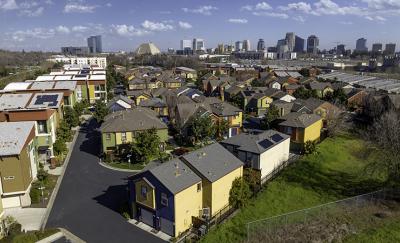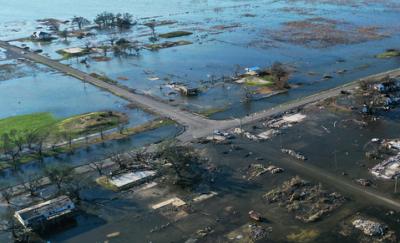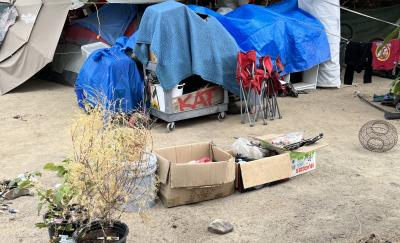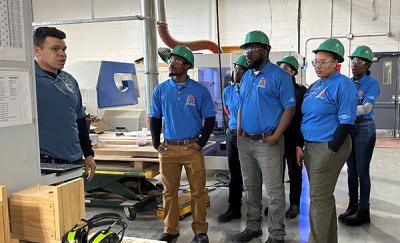Authors
Nichole Fiore, Lauren Dunton, Sarah Gibson, Ciara Collins, Abt Global
In response to COVID-19, the state of California devised Project Roomkey (PRK) to support people experiencing homelessness. Rather than force people to choose between living on the streets or congregating in shelters when they should be practicing social distancing, PRK enabled people to temporarily reside in hotel or motel rooms or groups of trailers (PRK “sites”) where they also could receive limited supportive services, such as meals and laundry services. The California Health Care Foundation (CHCF) and the Conrad N. Hilton Foundation contracted Abt Global to evaluate the PRK program. The purpose of this evaluation was to understand its successes and challenges, and the experiences and outcomes of PRK participants.
Key Findings
- California’s government and robust homeless service system infrastructure supported PRK’s rapid design and implementation. PRK enabled new partnerships to form between local government agencies and homeless service and health care providers.
- PRK sites had features that are often not available in other emergency shelters or interim housing settings. Most PRK participants reported having a positive experience at the hotels and motels.
- Many PRK participants were extremely medically vulnerable, and had complex needs.
- HMIS data from Tulare, Los Angeles, and Ventura Counties suggest that the longer someone stayed in PRK, the less likely they were to exit to homelessness and more likely they were to exit to permanent housing.
- PRK became a gamechanger for how California communities provide emergency housing to people experiencing homelessness.
Final Reports:
Evaluation of California's Project Roomkey Program Final Report
Year 1 Reports:
Full Report | Summary | Commentary about Caregiving Needs of California’s Project Roomkey Participants



